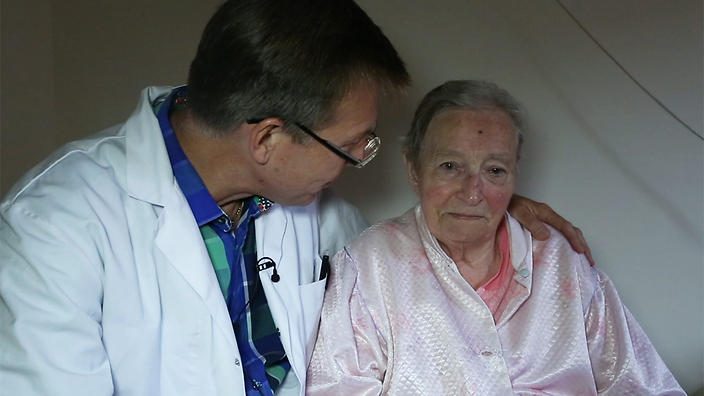On December 16, the Michigan House adopted House Resolution 314, to affirm the rights of healthcare patients.
Sponsored by Rep. Ann Bollin, the bipartisan resolution affirms the “right of patients and families to direct health care decisions and urge all three branches of state and local governments to affirm this right.”
The resolution specifically addresses several areas of concern. In Michigan, patients have been denied care based on subjective opinions of their quality of life. Health facilities and courts have gone behind patients’ and families’ backs to withdraw care, violating patients’ due process. During the pandemic, some patients have been denied the right for basic human contact with their loved ones.
“We often receive more calls from people asking for end-of-life help than pregnancy help,” Right to Life of Michigan President Barbara Listing said. “There are serious and growing issues with the respect for patients and their decisions, and often victims have no place to turn. These issues have even impacted people who have extraordinary access to our government or legal systems, who still find themselves unable to protect the lives and wishes of their loved ones. All of the power seems to be shifting away from patients.”
Click here to sign up for pro-life news alerts from LifeNews.com
The goal for the next legislative term is to pass a comprehensive Patient Protection Act that would codify the basic elements of this resolution. Work towards this goal has been ongoing for some time across multiple legislative terms.
In 2013, Right to Life of Michigan supported passage of the Medical Good-Faith Provisions Act, which prohibits health facilities from acting on unwritten or unavailable medical futility policies. Patients in Michigan have had effective and wanted basic care denied or even not offered as an option because their lives were wrongly or secretly deemed “futile.”
“Patients and their expressed wishes in legal documents should be driving the decisions about denying or receiving medical care, not the subjective opinions of those who decide that a patient’s life isn’t worth living,” Listing said. “Sometimes medical care can be futile to prolonging life, but the patients themselves and their lives are never futile.”








